Mood Drinks enter the mainstream
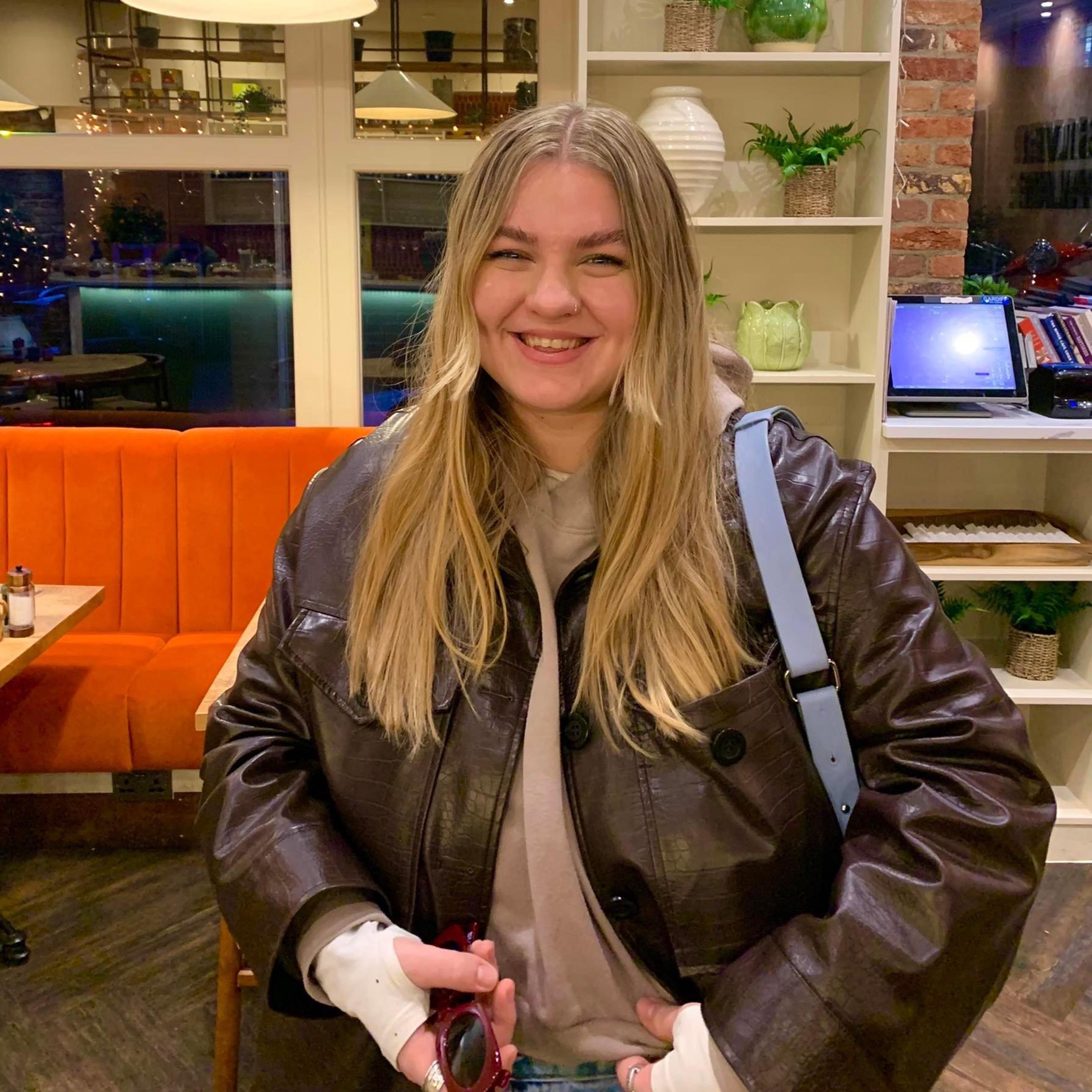
Izzy Payne
09.11.2022
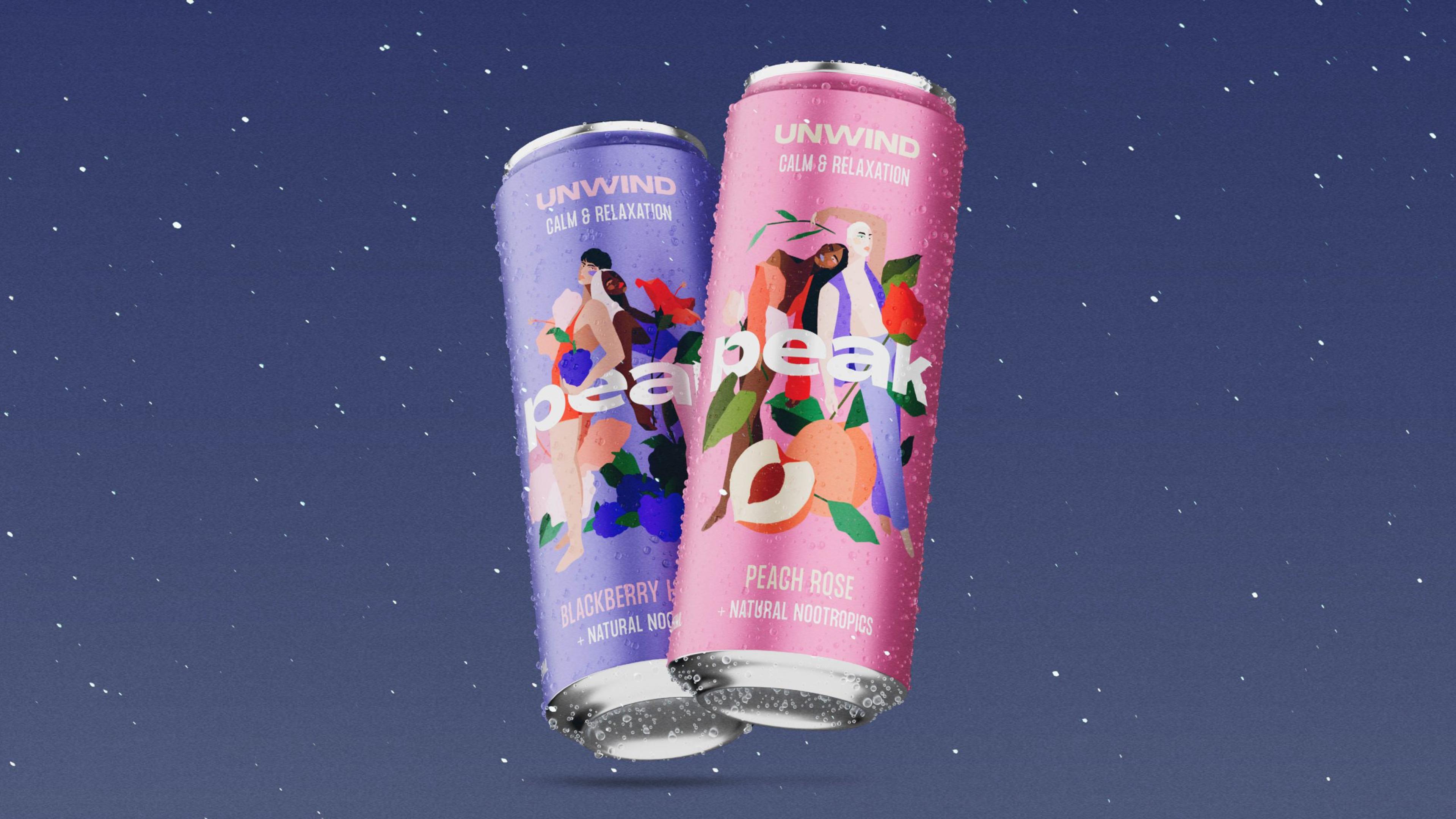
We’ve been doing the same beverage routine for the last century and a bit. Since our industrial revolution, we’ve been conditioned to caffeinate to increase performance and then self-medicate with alcohol to relax in the evening. Most of us wake up and have our morning cuppa joe to get us jolted with caffeine and ready for work. You do this, not just because it’s the done thing, but because you do feel more awake.
But caffeinating yourself can come with some less-than-useful side effects. You can shake, sweat and stress yourself into a caffeine-induced panic pretty easily after just a couple of jolts of coffee. After a full day of working and a few brews later, you need to come down from that caffeine high. What better way to do that than a cold beer or chilled rose to switch your engines off? It’s simple and so instantaneously effective that it has become nearly irresistible to avoid.
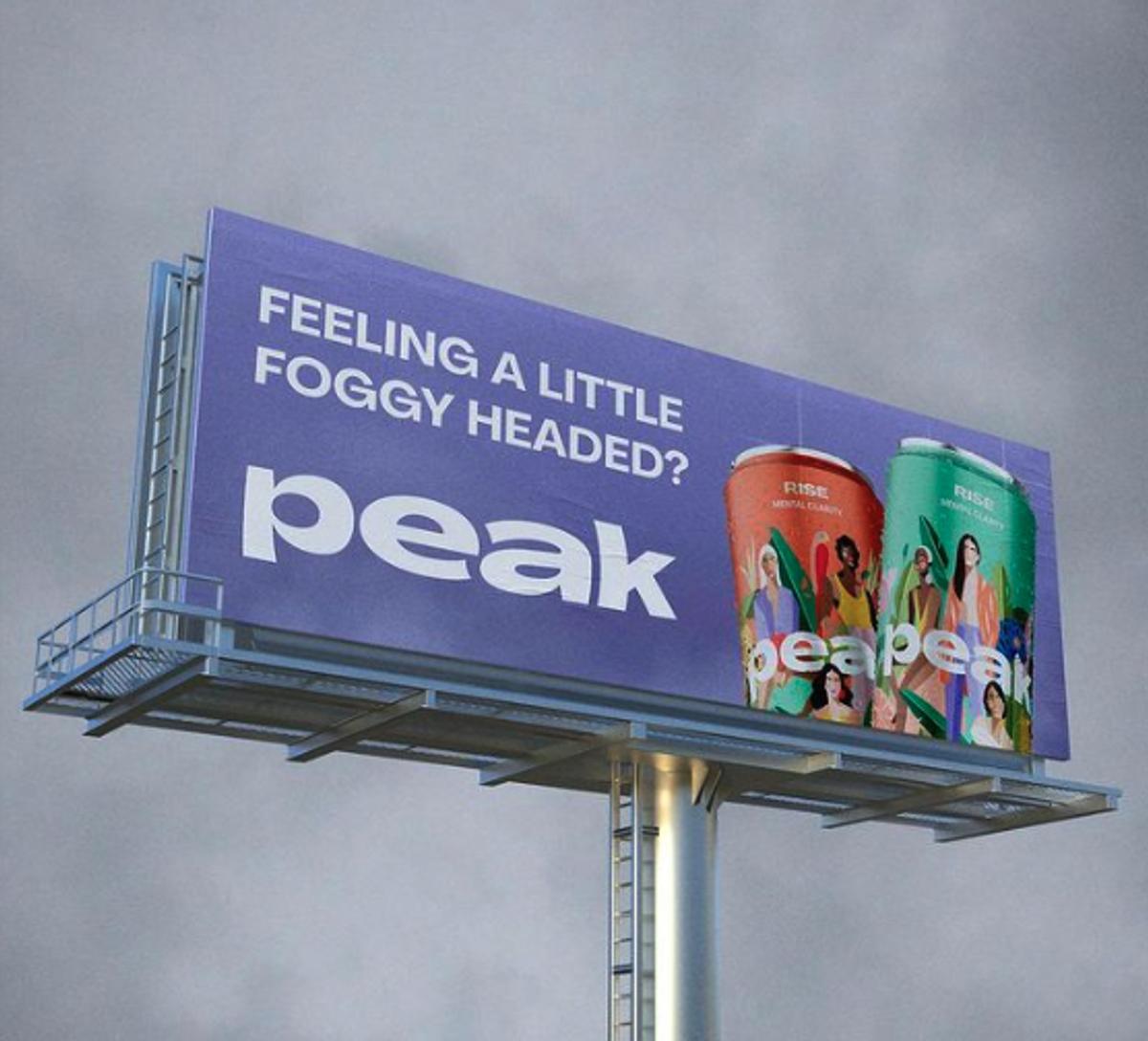
I like a cocktail as much as the next gal, but the next generation of beverages has got us rising up and unwinding differently. Say goodbye to over-caffeinating and a glass of vino before bed, we’re in a new age of mood-boosting beverages. It’s official, the mood beverage industry is here to stay: The Financial Times recently released a groundbreaking article detailing the genre’s skyrocketing success.
The wellness industry’s massive growth in recent years has flooded us with every crunchy life hack out there. From mindfulness to meditation, the wellness industry has got all of us doing the absolute most in the name of feeling better. The mood industry is the alternative dovetail to the cutesy pastel pink millennial wellness trends.
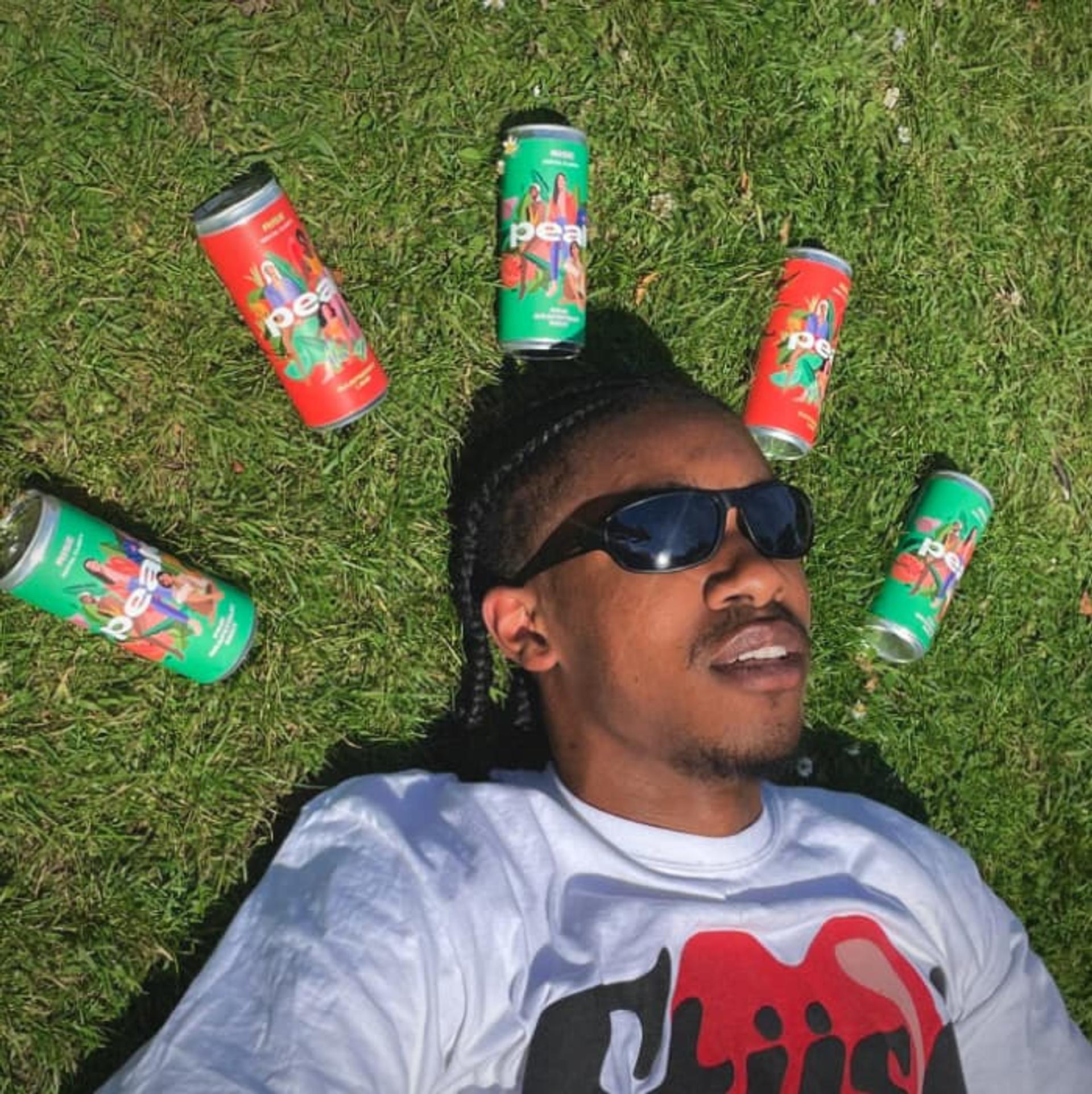
The wellness industry has sparked a clean eating and sober curiosity amongst the younger generations. People more often than ever before are reaching for sober alternatives. 0% alcohol is to gen z what gluten-free is to millennials.
This is where mood drinks come in. rather than drinking a low-alcohol beer or a 0% G&T, you can now choose to drink something that still gives you a social buzz despite its lack of alcohol. Even when not socialising, mood drinks are helpful to unwind and unplug from the stresses of everyday life. Rather than reaching for the beer out of the fridge, you can now reach for a Peak Unwind for example, and allow the unique blend of ingredients to relax you without the need for numbing alcohol.
These functional beverages are designed to induce specific emotional states in their consumer and are marketed to highlight specific ingredients to promote feelings or positive effects on the mind or body. Yes, energy drinks like Redbull or Lucozade are functional beverages, but mood drinks use functional ingredients that make you feel good without the comedown.
What makes these drinks influence your mood is the infused nootropic quality. Nootropics are defined in the recent FT article as a ‘class of chemicals or supplements that support and enhance cognitive function’.
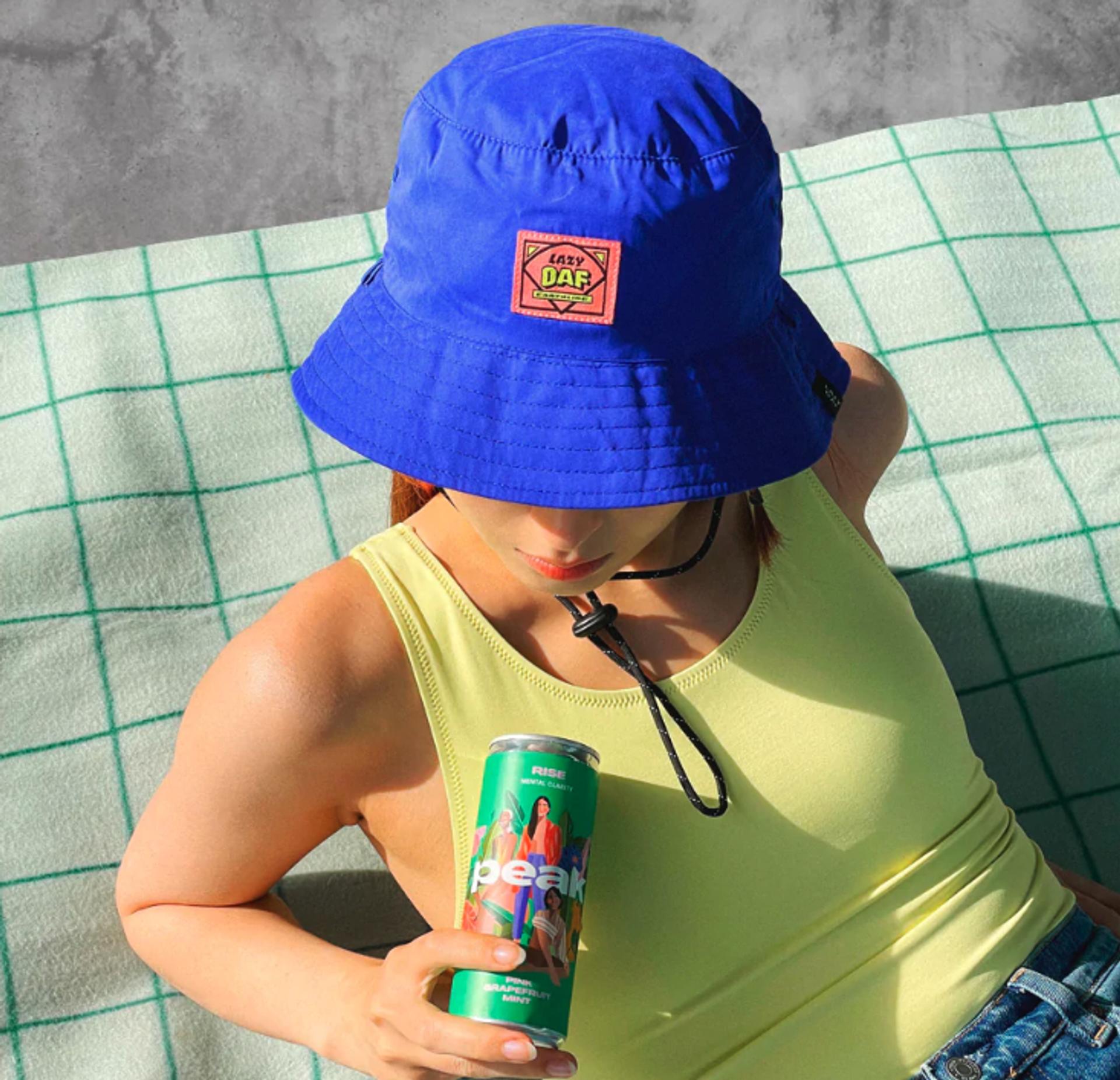
Working alongside these natural nootropics are the all-important adaptogens which FT defines as ‘non-toxic herbs and mushrooms that have been used in Ayurvedic and traditional Chinese medicine for millennia to regulate hormones. This dynamic duo of ingredients is the perfect combination to induce desired mood states in the consumer.
Even the most common drug we consume is being overhauled to balance your mood without the feared caffeine crash. London Nootropics is a coffee company that infuses adaptogenic mushrooms like lions mane and Rhodiola with their coffee blend for mental clarity and productivity.
Although these drinks have an undeniable potency, nootropics aren’t quite as instantaneous as an extra shot of espresso in your morning oat flat white. It’s a slow burn that sneaks up on you, rather than an abrasive heart palpitation after having one too many energy drinks in quick succession. Nootropic beverages give you a steady increase in feeling that’s designed to last so that you can be in a better mood for longer.

The UK nootropic beverages market stood at USD 126.9 million in 2019 and is projected to reach USD 260.2 million by 2027 – an undeniable growth for an ingredient that has been dismissed by so many. It’s clear that mood drinks aren’t going anywhere, and we think that’s a good thing. The mood industry is rewriting the feel-good rule book, allowing us clear the brain fog to unleash our potential by cutting out our dependencies on drugs.
Drink coffee because you appreciate the craft and enjoy the effects of a morning routine. Drink wine because you appreciate the nuance of the flavours and how it pairs with a meal enjoyed with friends or family. Drink mood drinks when you want to harness your productivity or unwind from a long day.
Related articles
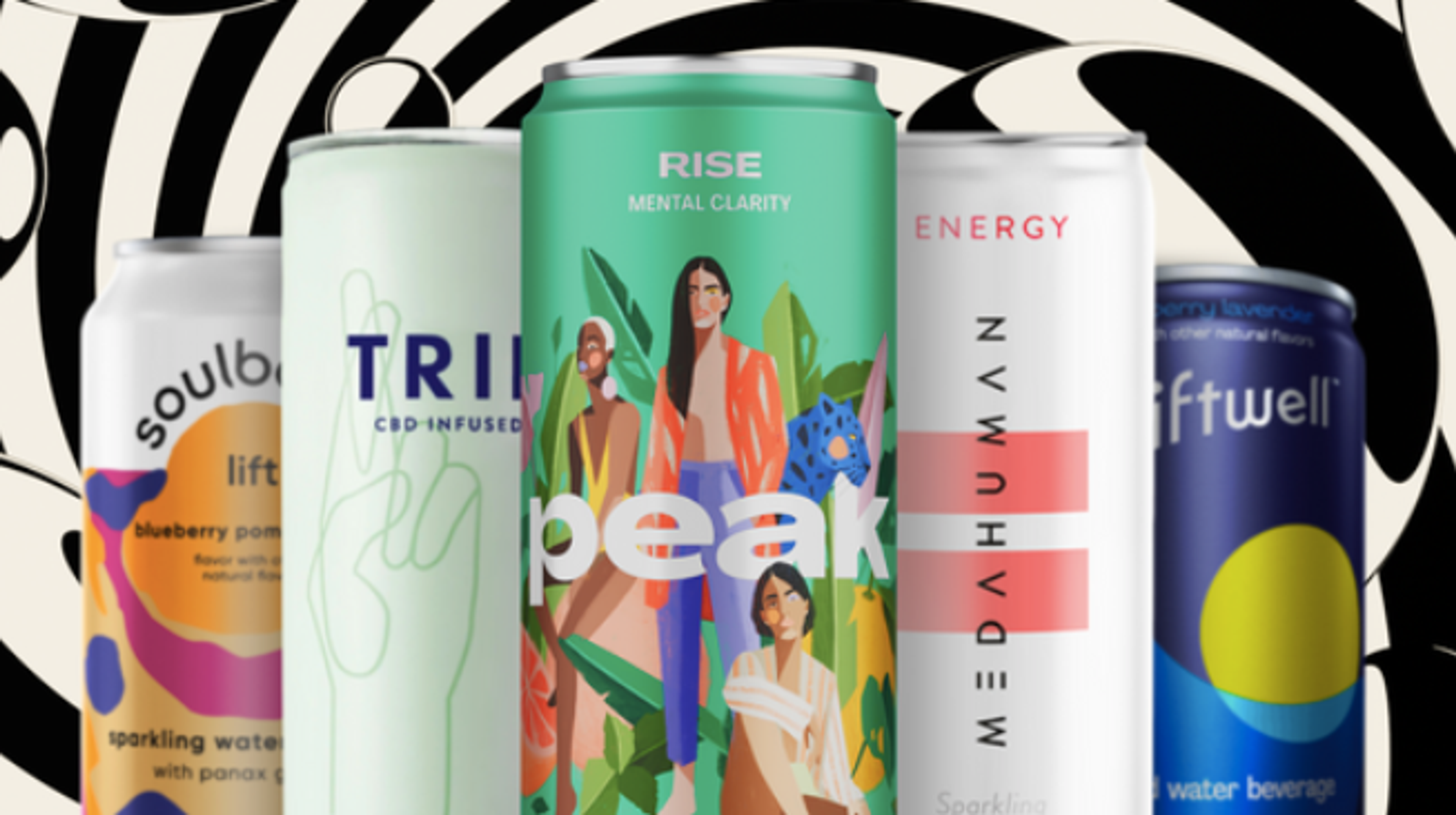
Reaching your Peak Potential
4 min read


